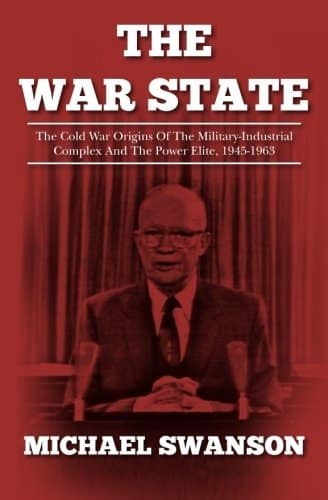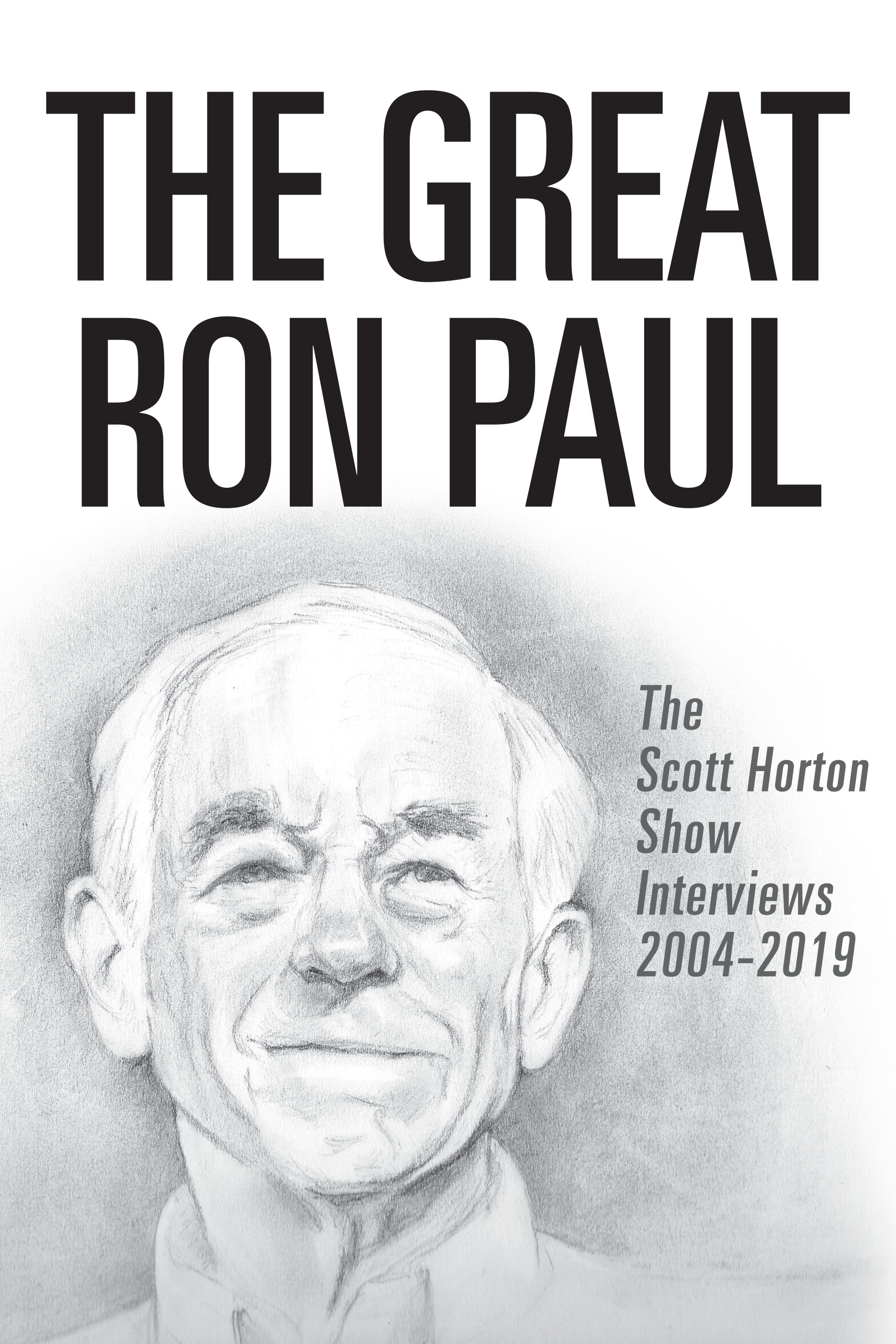This last Sunday, Hassan El-Tayyab of the Friends Committee On National Legislation joined Antiwar Radio to talk with Scott about Yemen. El-Tayyab explains the numerous ways Congress could end the War in Yemen. He also points out that there are a solid number of Senators and Representatives who have demonstrated some degree of disapproval for our involvement in the war. Both Scott and El-Tayyab agree that real results could be close, and urge listeners to get involved and help push this...
11/12/21 Dave DeCamp with Updates on Russia, Iraq, Yemen and Taiwan
Scott is joined by Antiwar.com’s Dave DeCamp for a rapid fire review of what’s been happening around the world. They start with Russia where the U.S. has told its European allies an invasion of Ukraine could be imminent. DeCamp explains that, if there’s any truth to the Russian troop movements within Russia, it’s likely a response to NATO military activity in the Black Sea region. Next they discuss Iraq. The Iraqi Prime Minister was apparently the target of a drone attack that plenty of hawks...
11/12/21 Daniel Davis: We Shouldn’t Send American Soldiers to Die for Taiwan
Scott interviews Daniel Davis about an article he recently published at 19fortyfive.com about Taiwan. Davis does believe there is a solid chance that China will invade Taiwan. At the same time, he does not think there is anything the U.S. can actually do about it. Davis explains that, while the American military is much more powerful on a global scale, the Chinese have enough firepower pointed off their coast to overwhelm the U.S. Navy if it gets close to Taiwan. Scott and Davis agree that it...
11/12/21 Daniel Larison on Iran, Sanctions and Great Power Competition
Scott brings Daniel Larison back to the show to discuss a handful of articles he’s written recently for Antiwar.com. First they discuss his piece pointing out that there is no legal basis for any action the U.S. takes against Iran, a fact that ought to be brought up more in our public discourse. Scott and Larison also discuss how American foreign policy itself is a rather large incentive for Iran to become a nuclear power. We’ve killed leaders who gave up their nukes. And those who have them,...
11/12/21 Hunter DeRensis on America’s History of Hating War Profiteers
Scott is joined by Hunter DeRensis to discuss a recent longform article he wrote for The American Conservative. The article was the culmination of months of research DeRensis did on the history of the American public’s perception of weapons manufacturers. DeRensis identifies the period between the World Wars as being the age with the most resistance to the war profiteers. Interestingly, that resistance was largely led by middle-class conservatives. Scott and DeRensis point to Joe Kent, who’s...
11/4/21 Peter Zeihan on American Power and China’s Coming Collapse
Scott interviews author and geopolitical analyst Peter Zeihan. Zeihan does not believe China will be a nation state ten years from now. One reason, he argues, is that China’s economy is completely dependent on the disappearing American presence keeping the peace on the world's oceans. This, of course, leads to a back and forth between him and Scott over just how much America’s presence overseas has been disappearing these last few decades. Zeihan also points to the policies the CCP used to...
10/29/21 Ryan McMaken on the Economy, the Money Supply and the Labor Shortage
Scott is joined by Ryan McMaken from the Mises Institute to talk about the state of the economy. McMaken describes how we are still living with the consequences of the 2008 financial crisis as well as the response to it. However, while the government created a ton of new money back then, they took steps to avoid flooding the entire economy with those new dollars. But McMaken explains that those steps have been absent during the aggressive money printing that’s occurred since the pandemic...
10/29/21 Kevin Gosztola on the Cruelty Julian Assange Could Face in America
Kevin Gosztola is back to give an update on the appeal hearing against Julian Assange. Back in January, a UK judge ruled against Assange’s extradition to the U.S., citing his mental health. The U.S. government appealed that decision, leading to this hearing. Gosztola, who was able to watch, gives Scott an update on what arguments were presented. He then explains the numerous ways that, if he’s extradited, the U.S. could strip Assange of his basic liberties and isolate him from friends and...
10/26/21 Cheryl Rofer on the Shoddy Science behind Havana Syndrome
Scott is joined by writer and chemist Cheryl Rofer. Rofer penned an article back in May that debunked the increasingly popular theory that numerous American intelligence and diplomatic personnel were in fact the victims of a targeted microwave weapon. Rofer points out that all of the supposed evidence can be explained away. On top of that, the theoretical weapon itself does not even make any sense and can certainly not explain the alleged cases. Discussed on the show: “Claims of Microwave...
10/25/21 Nasser Arrabyee on the Yemen Atrocity and the Battle for Marib
Scott is joined by Nasser Arrabyee who gives an update on the state of the war in Yemen. The battle for Marib is raging as the Houthis take control of more and more districts. The city is one of the last strongholds outside of Houthi control, and it looks like that may change soon. Arrabyee also gives an update on the rest of the country, where the Saudi blockade continues to wreak havoc on the population. Discussed on the show: Scott’s interview about Marib with Scott Paul Nasser Arrabyee is...
10/25/21 Trita Parsi on Biden’s Awful Approach to JCPOA Negotiations
Scott interviews Trita Parsi about Biden's bizarre approach to JCPOA negotiations. When Biden came into office, the Iranians wanted to work out some mechanism to limit any future President’s ability to pull out of the JCPOA in a similar fashion to Trump. The U.S. said no, so the Iranians said they would settle for a binding commitment for the rest of Biden's first term, but even that was rejected by the Americans. Parsi explains that stability is necessary for sanctions relief to work. He...
10/22/21 Gareth Porter on the Self Licking Ice Cream Cone
Scott is joined once again by Gareth Porter to discuss a piece he wrote at the beginning of the month for Responsible Statecraft. But before talking about the article, Porter gives a quick update on the developing situation in Lebanon. The article Porter wrote talks about the “self licking ice cream cone,” a saying used to describe the self-perpetuating nature of the military-industrial-congressional complex. Porter explains how these perverse incentives kept us embroiled in war for two full...
10/22/21 William Hartung: the Existential Threat of the Nuclear Weapons Lobby
William Hartung returns to the show for a quick episode about a press release he published at the Institute for Public Accuracy. Hartung describes the current setup of America’s ICBMs. The missiles are spread across the country, sitting on hair-trigger alert. It’s a setup that many experts admit is dangerous, and unnecessary. Yet any effort to roll back the program has been blocked by the Senators who’s states benefit the most from the presence of silos, as well as the companies that build...
10/22/21 Aaron Maté on the Clintonian Origins of Russiagate
Aaron Maté is back on the show to discuss an article he wrote published at Real Clear Investigations. Maté explains how, although the origins of Russiagate are still murky, the Clinton Campaign seems to be at the center of it all. Notably with Clinton lawyers hiring Fusion GPS to look into Trump connections with Russia, an “inquiry” that led to the Steele Dossier. The Campaign’s legal team also hired Crowdstrike to investigate the DNC email leak, a step that was necessary to push the narrative...
10/18/21 Scott Hechinger on the Murder Rate, Police Reform and Gun Control
Scott interviews attorney Scott Hechinger about a recent article he wrote for The Nation. They discuss the recent jump in the murder rate, its possible causes and the portrayal of the increase in the media. Hechinger explains that the universal nature of the increase hurts the argument that bail and police reform are causing crime surges. Scott and Hechinger also discuss racial disparities in the justice system. Both agree that the problem is in the over-policing of poor black communities...















